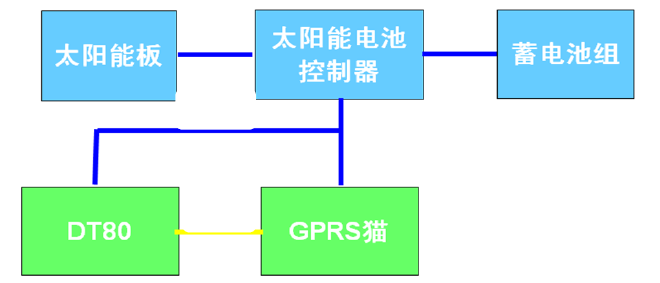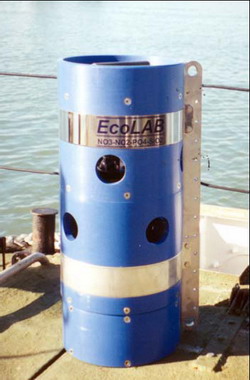Main features
UThe monitoring float system can simultaneously continuously monitor water temperature, pH, conductivity, dissolved oxygen, turbidity, chlorophyll, wind speed, wind direction, relative humidity, rainfall, air temperature, air pressure, nitrate nitrogen, nitrite nitrogen, phosphate, ammonia nitrogen, etc.parameters;
UFloating body material is corrosion-resistant, collision-resistant, light weight and long service life;
UIt has the data storage function of measuring instruments and the data storage function of data acquisition and control platform;
UIt has wireless transmission functions of data and control commands, and data transmission is confidential and reliable;
UThe solar power supply device has the characteristics of high energy conversion efficiency, resistance to seawater corrosion, resistance to wind and waves, resistance to collision and scratches, and long service life;
UThe sensor is equipped with a corresponding automatic cleaning device, which can effectively prevent biological adhesion from interfering with the monitoring probe's normal operation. The surface of the float and probe are coated with bioadhesion paint to ensure that the float sensor can obtain monitoring data stably and accurately for a long time;
UWith navigation warning lights and GPS positioning system;
UIt can be customized according to customer needs;
UHave independent intellectual property rights.
Functions and composition of buoy monitoring system
The marine monitoring buoy system is a technical system integrated with a variety of monitoring technologies. The entire system consists of anchor buoys, water meteorological sensors, underwater multi-parameter water quality probes, data collectors, GPRS wireless transmitter devices and shore station center laboratories.Can be used for long-term monitoring and management of water quality, and can monitor marine meteorological factors and water quality parameters (pH value, conductivity, temperature, nutrients, dissolved oxygen, turbidity, chlorophyll a, etc.); data can be used through GPRS, or mobile phone signals.The system transmits to the base station and can customize monitoring indicators to send to the user's mobile phone according to user needs.
The research and development of Zequan Marine Ecological Buoy Monitoring System is funded by the Shanghai Innovation Fund and the Shanghai Putuo District Science and Technology Giant Project, and is recognized as a Shanghai High-tech Achievement Transformation Project, with multiple independent property rights.

The monitoring method of monitoring floats should be consistent with national standard methods or industry standard methods, with stable performance, reliable work and good controllability.As shown in the following table:
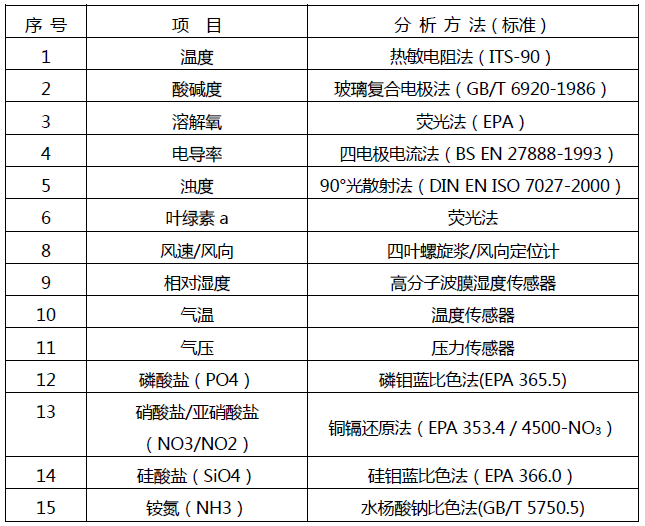
Working mode of buoy monitoring system
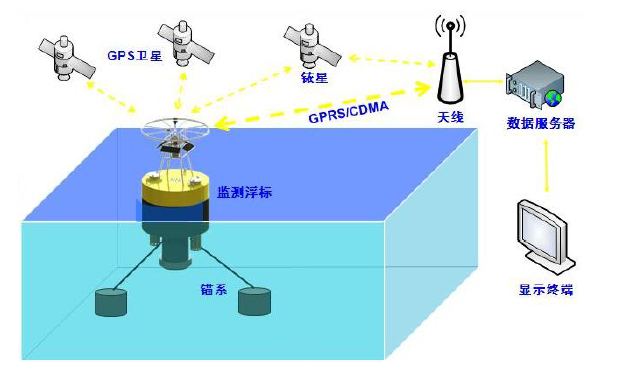
Sensor technical parameters
| ØConventional weather parameters | ||||
Ultrasonic wind speed sensor (UKGill) Measurement range: 0~60 m/s (116 knots) Accuracy:±2% @12 m/s Reaction time: 0.25s Minimum value: 0.01m/s | 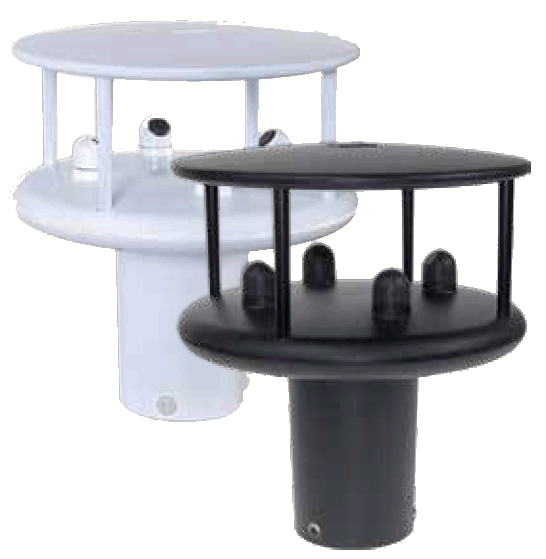 | Wind speed and direction sensor (Young, USA) Wind speed 0-100 meters/sec Wind direction 0-360º Output 0-5 V Operating temperature -50 ~ 50℃ | 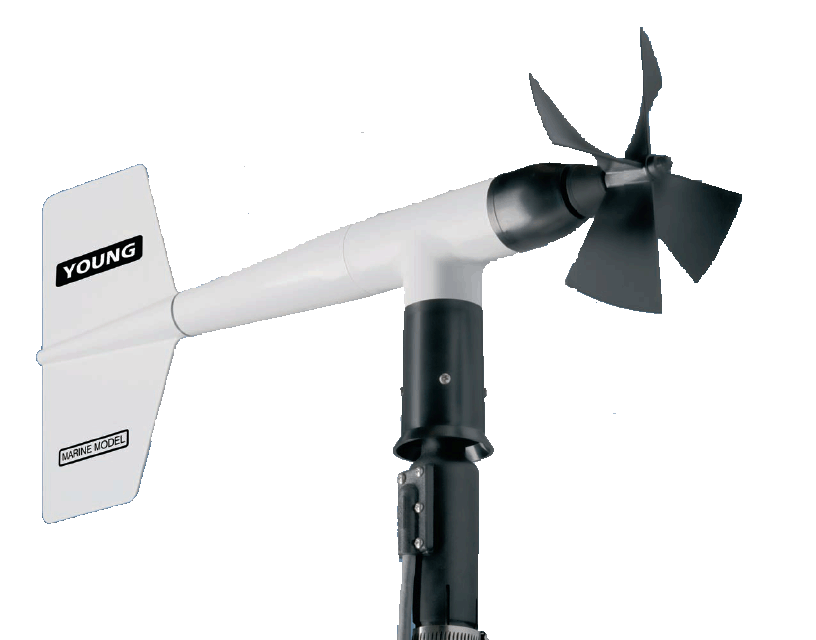 | |
| Temperature and humidity sensor (US Met One) Temperature measurement range: -50~50℃ Temperature measurement accuracy: ±0.1℃ Humidity measurement range: 0~100% Humidity measurement accuracy: ±3% | 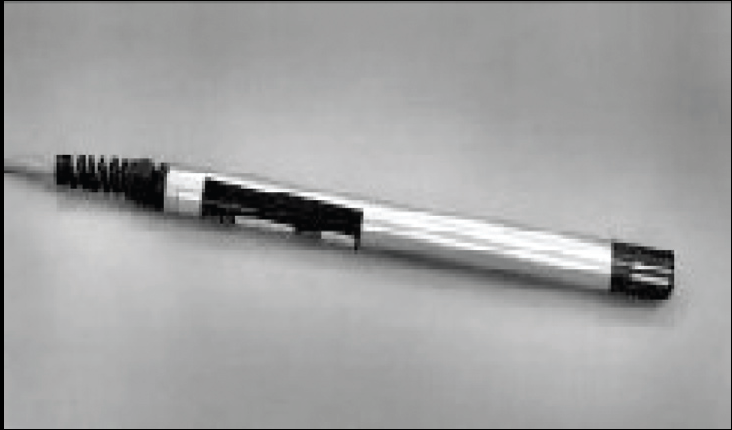 | Air pressure sensor (US Met One) Measuring range 600-1100 hPa Resolution 0.1 hPa Operating temperature -40 ~ 55℃ |  | |
| ØRegular water quality parameters | ||||
pHSensor (Global Water, USA) Measurement range: 0-14 pH Accuracy: 2% of the full range Operating temperature: -5 ~ +55°C | 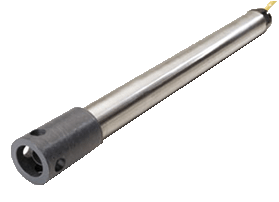 | Dissolved Oxygen Sensor (Norwegian AADI) Measurement range: 0 - 500μM Resolution: <1μM Accuracy: <8μM or 5 % | 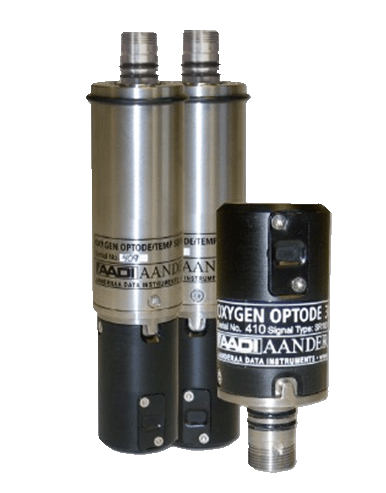 | |
| Temperature sensor (Global Water, USA) Measurement range: -50°C ~ +50°C Accuracy: ±0.1°C Operating temperature: -50°~ +100°C | 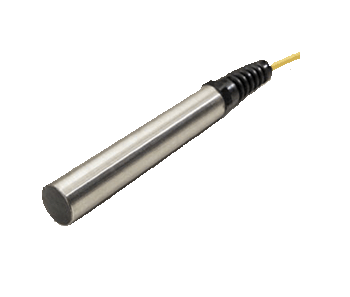 | Turbidity sensor (US wetlabs) Range: 0-125NTU; 0-1000 NTU Sensitivity: 0.02; 0.12 Operating temperature range: 0-30 °C | 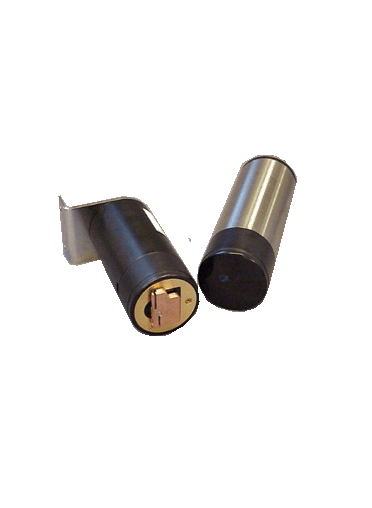 | |
ORPSensor (Global Water, USA) Measurement range: -500 ~ +500mv Accuracy: 2% of the full range Operating temperature: -40°~ +55°C | 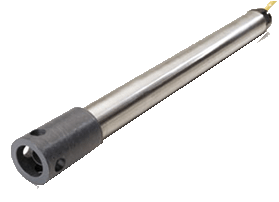 | Chlorophyll A sensor (US wetlabs) Measurement range: 0–125μg/L Sensitivity: 0.02μg/L Operating temperature: 0-30℃ | 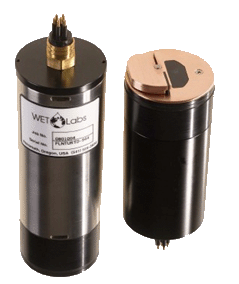 | |
Conductivity Sensor (Norwegian AADI) Measurement range: 0-7.5 S/m Resolution: 0.0002 S/m Operating temperature: -5ºC-40ºC | 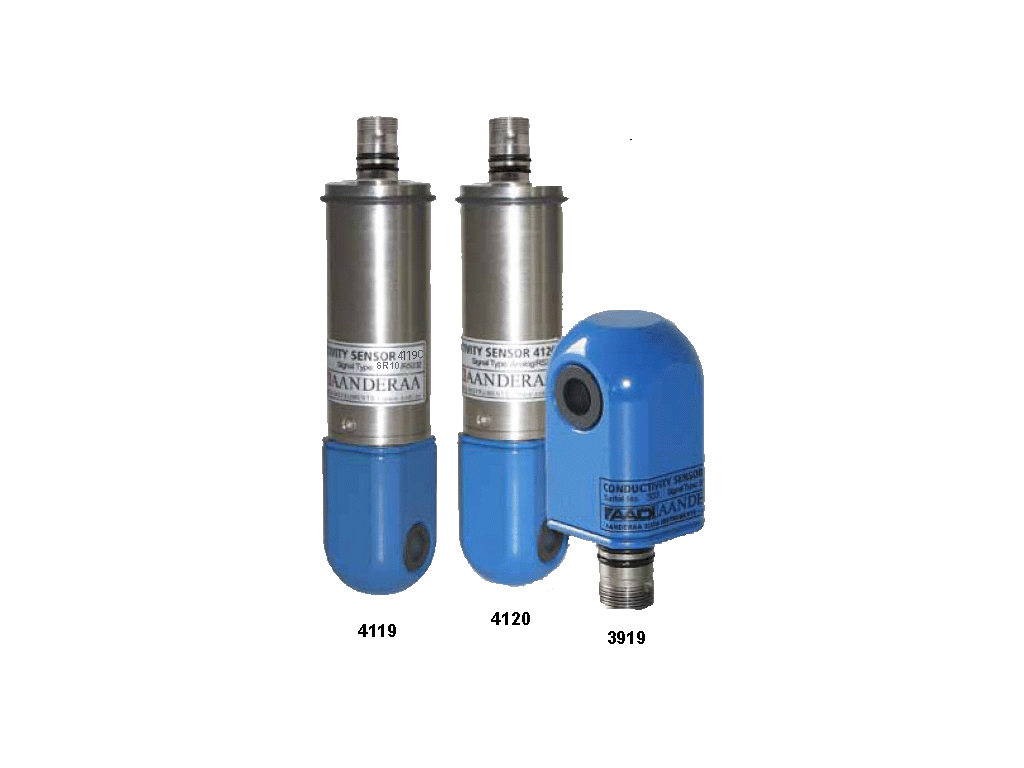 | Turbidity + chlorophyll A sensor (US wetlabs) Measurement range: 0-25 NTU; 0.02-60μg/L Accuracy: 0.01 NTU;0.02μg/L Operating temperature: 0-30℃ | 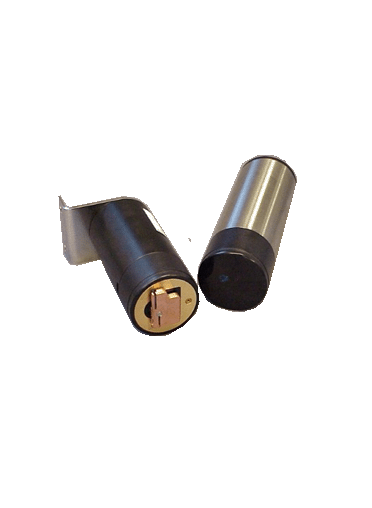 | |
ØUnderwater nutrient system US EnviroTech UWorking in situ underwater using laboratory standard wet chemistry methods UMeasure ammonia nitrogen, nitrate, phosphate and/or silicates UMaximum working water depth is 200m, and other depths can be customized UMonitor for 1-2 months to replace the reagent pack UOutput: RS 232 |
|
Data acquisition system
Adopt dataTaker intelligent data acquisition system, one of the most famous professional field digital acquisition brands in the world: | |
UUSB storage data UDual-channel isolation technology U2 serial ‘smart sensor’ ports UUser-defined memory configuration and storage form UWeb interface UFTP automatically transfers data UModbus for SCADA systems USupports SDI-12 sensors (multiple networks) UUp to 15 sensor analog inputs (up to ±30V) UScalable to 300 analog inputs U12 flexible digital channels |  |
Communication system
Method one:DT80 connects to 3G router
Configure a DDNS service for the 3G router, access the network through the 3G wireless network card, and access the DT80's Web interface interface at any location through the domain name of the DDNS service.
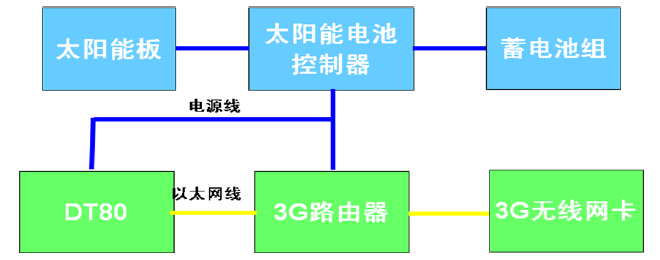
Method 2: DT80 connects to GPRS cat
The GPRS cat will actively connect to the specified port of a certain IP or domain name, and then access the RS 232 port of the DT80 on the client using a virtual port method.
